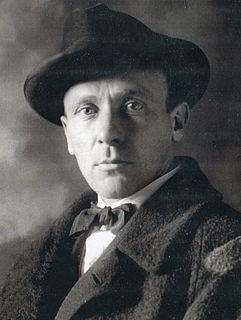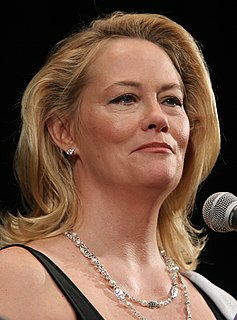A Quote by Jay Leno
It turns out Enron workers were not only shredding documents at work, they were having sex at work. Having sex and shredding documents. Those are two things you don't want to get mixed up.
Related Quotes
The biggest difference in what's going on in New Zealand versus the rest of the world, aside from the decriminalization of sex work, is that sex workers were actually part of the decriminalization process. There was a provision in that legal change stating sex workers would be part of an evaluation committee, and in 2008, they were, they were a part of the committee determining whether or not decriminalization worked. They are continually regarded as stakeholders - in their communities, but also in the legal process. That's such a different way of operating.
After being alive, the next hardest work is having sex. Of course, for some people it isn't work because they need the exercise and they've got the energy for the sex and the sex gives them even more energy. Some people get energy from sex and some people lose energy from sex. I have found that it's too much work. But if you have the time for it, and if you need that exercise-then you should do it.
I've moved away from writing about and describing actual experiences of sex work, whether mine or anybody else's, because the culture is obsessed with the behavior of sex workers. They want to figure out why they do what they do and who they are. What I'm trying to do is to shift the focus onto the producers of the anti-sex work discourse: the cops, the feminists, the anti-prostitution people. Those are the people whose behavior needs to change.
I advocate for people who believe sex work is work. But women have so many avenues open. In the same way, a trans woman or a hijra should have that many doors open. If later on she chooses sex work, that's fine. But she shouldn't have to choose sex work because all the other doors are closed. Every hijra or trans person is not a sex worker. We need our own respect. And whoever chooses sex work after having all doors open, I really respect that.
We're missing a lot of the real-life stories of what people's work looks like. Those are the people that I want sitting on the zoning board meetings, on the zoning commissions. Those are the people I want participating in business improvement in their own industry. The gentrification processes that often happen in cities so often manifest in street sweeps of sex workers. How do you get sex workers on neighborhood associations, regarded as members of the neighborhood?
I respect people who come forward and speak, but I'm not asking most of the sex workers I interview now about their work. I'm asking them about their lives in general or their political organizing. I take pains source things pointing back to intellectual work that sex workers have produced, because that's really absent.
I hesitate talking about a program for change because we're in this moment where no one is listening to sex workers about how things should change. So I'm even speaking less as a former sex worker and more as a person trying to see the bigger picture that might be hard to see when you're doing sex work full-time, or running a social service organization, or doing all the things that a lot of sex worker activists are doing. It's hard work, and they don't necessarily get the time to step back and see the whole picture.
I think sex work gets over-mystified and overcomplicated because it's about sexuality, and women's sexuality in general. What strikes me when I look at sex worker organizations and sex worker movements, in the US especially, is that they're so in alignment with other longstanding progressive causes. If anything, sex workers have been at the forefront of some of these causes. There have always been sex workers at the forefront of social movements.
Most of the time, people are not actually concerned with prostitution and sex work. They're concerned about seeing people who they think are prostitutes and sex workers in their community. Sometimes this just comes down to profiling, the feeling of "I don't want someone who looks like that in my neighborhood." We need communities and neighbors to regard sex workers as part of the community and fellow neighbors. But that's really difficult. There's certainly nothing supporting that.



























